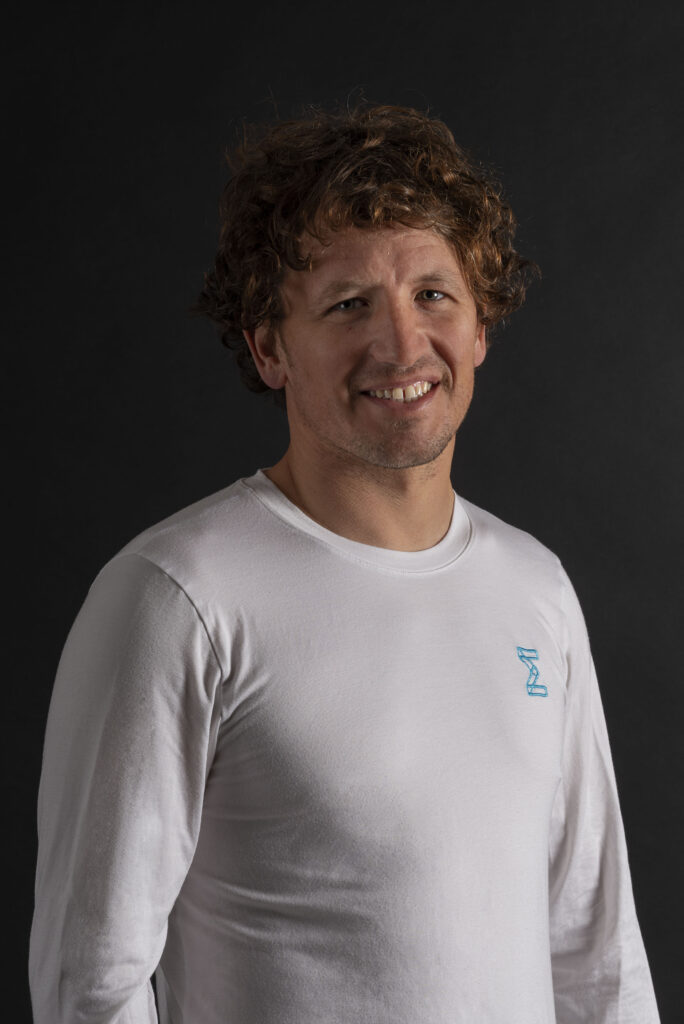A specialist in automated process control, ELLISTAT develops software capable of piloting machine tools without human intervention, with the ambition of transforming workshop organization over the long term.
At the helm of ELLISTAT, Davy Pillet has an ambitious vision: to make industrial workshops more autonomous, more agile and less dependent on scarce skills. In eight years, the young company has enjoyed sustained growth, driven by the development of software solutions capable of automating production process control. Without any spectacular fund-raising or flashy promises, ELLISTAT is moving forward methodically. Its CEO explains the technological choices, industrialization levers and strategy of a company that intends to shake up traditional workshop practices.
How did the ELLISTAT adventure begin, and what vision guides you today?
When we started out, nearly eight years ago, there were just two of us, and our vision was to make each plant capable of producing flawlessly and autonomously. Today, there are twenty-five of us, we're more structured with more resources, but the vision remains the same. Our mission is to develop software to automate every stage of production. At ELLISTAT, we're not in the hardware business, we focus on the software that automates production.
Your company is growing fast. How do you explain this trajectory without recourse to venture capital?
Last year, we recorded 40% growth on our products, which is a lot. It's also one of ELLISTAT's particularities, since we've achieved this growth organically, without external investment, and with excellent financial health. In this way, we combine the advantages of a start-up with those of an established SME. The key to our performance is the quality of our products. As the company's founder, I come directly from an industrial background, so the products we develop are designed by a user. This is reflected in our customers' experience and explains ELLISTAT's success.
How do you manage the specificity of your APC software?
Today, our APC (Automated Process Control) is 1,230,000 lines of code, but just because we have a complex product doesn't mean we can't start from scratch and rewrite it. We know that the software industry is constantly evolving with new standards, so we're constantly rewriting our modules. The product is designed to be modular, so that it can always integrate the best standards. As proof of this, ELLISTAT is already on its fourth complete rewrite, and certainly not the last.
Faced with the emergence of competitors, how do you position yourself today?
In fact, we're starting to come up against competitors. Some of them are very far behind, with very old technologies and feature-by-feature correction, while others are a little more advanced. Despite this, we estimate that we are five years ahead of all our competitors. Our ability to automatically generate the Ellistat configuration from CAM software, and to connect to all machine tools worldwide, is unrivalled at present.
What do you think are the prerequisites for successfully automating production processes?
The first thing to do with Automated Process Control is to be able to correct any complex part. The second thing is to be able to configure complex parts without error, and that's even more difficult. Next, you need to be able to connect to your entire machine park, knowing that you have many different NCs on the market, such as SIEMENS, MAZAK, FANUC, HEIDENHAIN, among others. Last but not least, you need to optimize corrections to avoid over-setting and achieve the best possible quality.
How does your solution transform the organization of production workshops?
At ELLISTAT, we've developed a unique expertise: deploying our software on a complete workshop and allowing a simple operator to replace a setter. With ELLISTAT, you can rethink the way you work: if you no longer need technical skills to set up your machines, then you can imagine a totally different workshop and make unimagined gains. You no longer need a setter for several machines, recruitment is simplified and workshop management is greatly facilitated. What makes all this possible is scaling. Indeed, to fully exploit Automated Process Control and reap all its benefits, you need to aim for 100% coverage of closed-loop references. That's when your workshop changes dimension.
By Jérôme MEYRAND in Machines Production N°1157 - 2025


